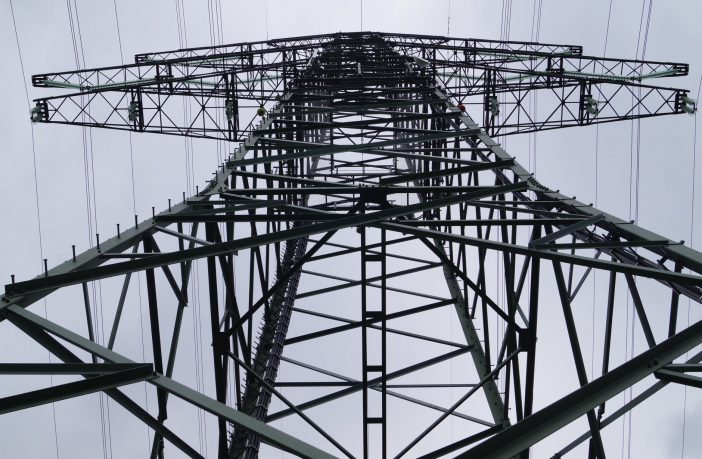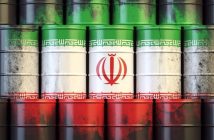- The states of Kano, Kaduna, Delta, Edo, Anambra, Imo, and Abia, are set to see an improvement in the capacity and reliability of the Nigerian transmission grid.
- This will be achieved board through the Nigeria Transmission Expansion Project (NTEP1), which seeks to rehabilitate and upgrade the nation’s power lines and improve distribution and supply.
- The board of directors of the African Development Bank Group has approved a $210 million financing package to the Federal Republic of Nigeria for the project.
- Executed by the Transmission Company of Nigeria, NTEP1 is part of a $1.6 billion Transmission Rehabilitation and Expansion Programme (TREP).
“Nigerians and their businesses spend $14 billion annually on inefficient and expensive petrol or diesel-powered generators. This project will contribute significantly to the reduction of Nigeria’s power deficit, decrease air and noise pollution and reduce the cost of doing business,” said Ebrima Faal, the Bank’s Senior Director for Nigeria.
The Bank’s financing, comprising a $160 million loan, and an additional $50 million loan from the Africa Growing Together Fund, will support construction of 330kV double circuit quad transmission lines and substations across the country.
The project will upgrade existing 263 km of 330kV lines, while adding an additional 204 km of new lines to increase TCN’s wheeling capacity, stabilise the grid and reduce transmission losses.
Upon completion, the project will significantly improve Nigerian transmission grid, and directly impact the economy, industries, businesses and the quality of life of Nigerians.
The project will also reduce the use of small-scale diesel generators and therefore contribute to the reduction of GHG emissions by saving approximately 11,460kt CO2 per year.
The project will create about 2,000 direct jobs – 1,500 during construction and 500 during operations –especially for youth: 30% of these jobs are expected to be taken by women.
By increasing electricity supplies to Small and Medium Enterprises, the project will foster the creation of additional indirect jobs.
NTEP1 to reduce the amount of stranded power
Wale Shonibare, the Bank’s Acting Vice-President for Power & Energy said implementation of the project would increase evacuation capacity from the south of the country towards the north, where power supply is limited.
“NTEP1 will increase the grid transmission stability and capacity, and reduce the amount of stranded power, whilst improving power export and regional power system integration to the West African Power pool, especially through Niger and Benin interconnections,” he said.
Highlighting the project’s contribution to regional integration efforts, Batchi Baldeh, the Bank’s Director for Power Systems Development said it would benefit from the Bank’s expertise and proven track record in leading the development of power grids across the continent, notably in West Africa, with many successful operations supporting the implementation of interconnectors.
“In line with our work to improve utility performance, NTEP1 will substantially strengthen the capacity of TCN with regards to the development of energy infrastructure projects, especially the adoption of modern and more efficient transmission technologies, which are most required in Nigeria for network improvements,” said Baldeh.
Author: Babalwa Bungane
This article was originally published on ESI Africa and is republished with permission with minor editorial changes.











